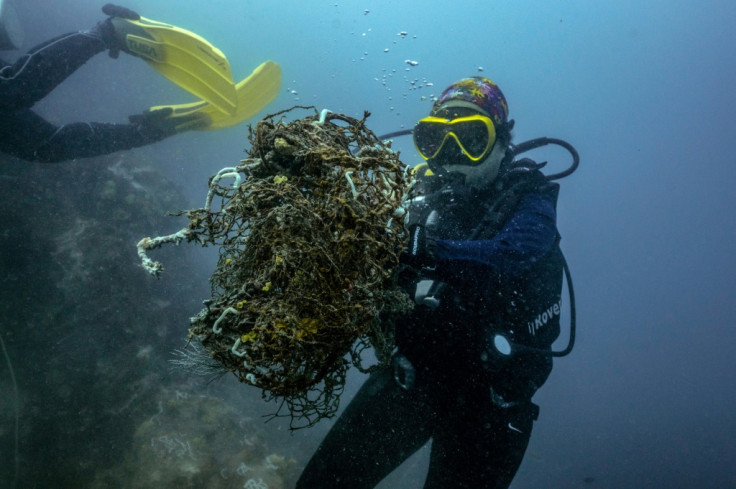Numerous freshwater fish species face extinction due to declining habitat
Governments around the globe are urged to support the freshwater fish species emergency recovery plan crafted by a global scientific team.
A new report revealed that almost a third of fish species living in lakes and rivers around the globe are facing extinction as habitats experience a "catastrophic decline." Researchers also revealed that there are already around 80 species of freshwater fish that have been declared extinct since 1970, while other species are gradually declining with the rapid deterioration of their habitats. The migratory freshwater fish population fell by around 76 percent since that time.
A World Wide Fund for Nature report posted on their website stated that around 30 percent of the 10,336 fish examined by the International Union for Conservation of Nature (IUCN) Red List of Threatened Species are now at risk of extinction. Researchers also note that freshwater species make up over half of the globe's fish types, and are vital to the livelihood of around 60 million people. Millions more rely on these fish species for their food.
In a report published by SkyNews, you can no longer catch or see any burbot or sturgeon in lakes or rivers in the UK. Conservationists also marked the European eel as a critically endangered species, while salmon experienced a steady and significant drop since the 1960s. According to the WWF report, much of the decline in the UK is due to the poor state of certain fish species' habitats. Last year, researchers reportedly tested the water quality of England's rivers, and unfortunately, none of them met the required "chemical standards."
WWF researchers believed that sewage, agricultural pollution, and dams, greatly contributed to the decline of freshwater fish habitats. Aside from their deteriorating homes, fish species also face severe threats brought about by overfishing, destructive fishing practices, wildlife crime, climate change effects, sand mining, and the entry of non-native species into their habitats.
The conservation organisation is urging governments around the globe to support the freshwater fish species emergency recovery plan crafted by a global scientific team. Some of the measures included in the plan are pollution reduction, controlling invasive fish species, putting an end to overfishing, and allowing bodies of freshwater to flow in a natural way.
WWF's chief adviser on freshwater, Dave Tickner, in a study published on Oxford Academic's Bioscience Journal, found there is a marked decline in freshwater habitats all over the globe. "Freshwater habitats are some of the most vibrant on earth, but - as this report shows - they are in catastrophic decline around the world. Nature is in freefall and the UK is no exception: wildlife struggles to survive, let alone thrive, in our polluted waters," Tickner said.
© Copyright IBTimes 2025. All rights reserved.






















